6 Steps To Find Ethical Volunteering Opportunities Abroad
Is volunteering abroad bad? Learn steps to take to find ethical volunteering opportunities abroad, including volunteer program research and self-reflection.
by EIBHLIS GALE-COLEMAN
October 22, 2022
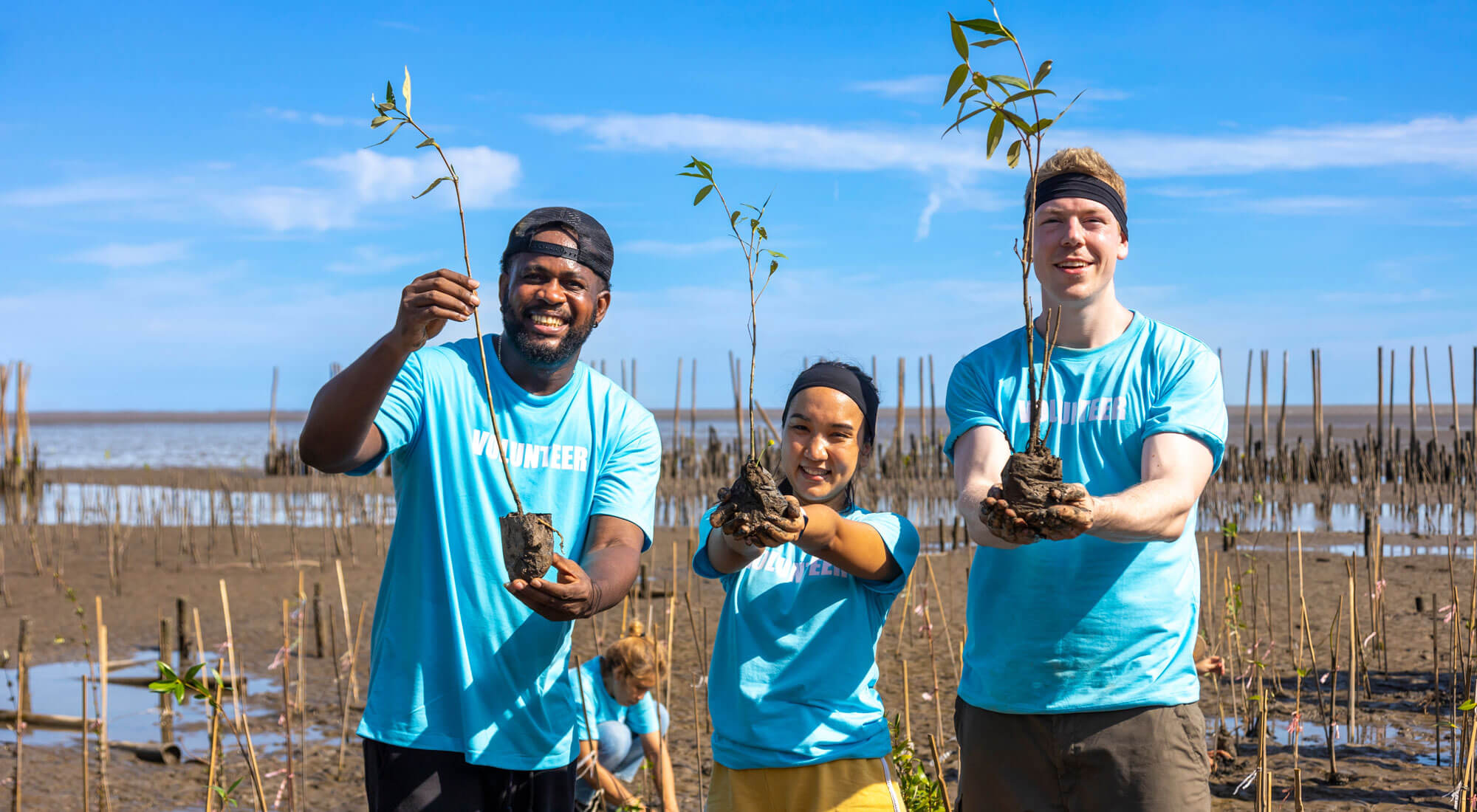
1. Research Common Ethical Issues In Volunteering
2. Evaluate How Recognized The Company Is
3. Consider What Type Of Volunteering You Are Doing
4. Consider What Time Commitment You Can Offer
5. Make Sure To Ask Questions During The Interview
6. Evaluate Your Own Principles, Values, And Limitations
Conclusion
You’ve started saving money, got the vision in your head, and excitedly discussed the best volunteering abroad programs with friends and family. But, if you haven’t already, you will stumble across the roadblock of how to volunteer abroad ethically. The topic of ethical volunteering is enormous, and so many ‘ethical volunteer programs’ are actually the opposite. The sad reality is that some programs simply extort both volunteers and the local initiatives they claim to be helping. It can be disheartening. In fact, after reading a few horror stories, you might even be asking, is volunteering abroad bad?
Before you spiral too much, be reassured that there are some fantastic volunteering programs out there. You can find ethical volunteer programs abroad; you just have to be selective and do your research. This guide will cover all you need to know about how to volunteer abroad ethically.

1. Research Common Ethical Issues In Volunteering
The first step to take is to research common ethical issues in volunteering. After all, if you don’t know what to look for, how are you meant to avoid it? The fact that you are already reading this guide is a great first step, but make sure to research more after reading. You should pay particular attention to any new, relevant news stories and developments. You can also use resources like Charity Navigator, which has a directory of charities and rates each charity individually for important qualities and factors. Or, if you enjoy reading, there’s a great book called Learning Service: The Essential Guide to Volunteering Abroad that you can purchase online.
As a quick guide, though, these are the most common ethical issues in volunteering abroad programs:
- Unqualified volunteers taking job opportunities from more qualified local people.
- Exploiting local people – even to the extent of creating orphanages to function as businesses.
- Exploiting volunteers by charging high fees and not providing a genuine, ethical experience.
- Ineffective programs due to a lack of communication with the local community and their most immediate needs and requirements.
- Lack of respect towards local people.
- Programs tailored to the ‘volunteer experience’ rather than the community’s needs.
It is essential to know that not all volunteer programs fall into the black-and-white category of good and bad. It is likely that most ‘ethical volunteer programs’ fall on a gradient between ethical and non-ethical. In some cases, the differences might be subtle to the outsider’s eye, so be prepared to closely analyze each company for potential red flags.
This leads us to the next major step in how to volunteer abroad ethically.
Get The Latest
We’ll use your email in accordance with our Privacy Policy. You can unsubscribe anytime.
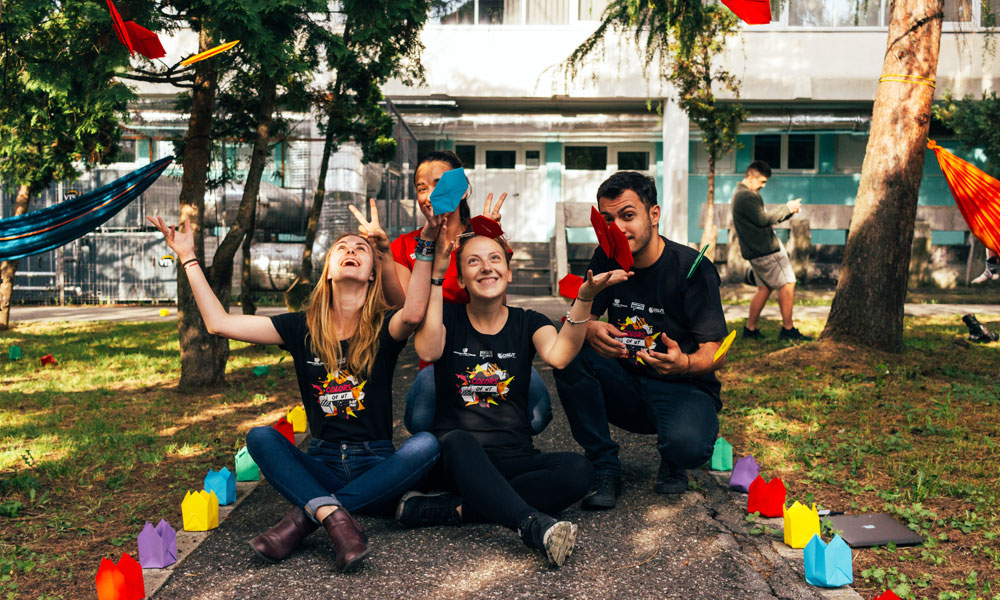
2. Evaluate How Recognized The Company Is
Ethical volunteering abroad is heavily reliant on volunteer companies. These companies act as a middleman – connecting volunteers to charities running placements abroad. Pay close attention when choosing your ‘middleman’, as the company you pick can impact how ethical your experience is as a whole. A great way to do this is to evaluate how recognized they are as an ethical volunteering company.
These are two major green flags:
The company has lots of positive reviews from past volunteers
If a company has pages and pages of glowing reviews from past volunteers, it is a strong sign that you are onto a good thing. Of course, ensure that you aren’t just looking at reviews quoted on the company website. Watch out for any suspicious reviews that appear fake, too (they tend to be very generic and robotic sounding). But if you check reviews on all different platforms and the general consensus is a ‘brilliant, ethical program,’ then you can take that as your first green flag.
The company has won awards and/or been recognized by a major press
If the same company has won awards and been recognized by the press, it’s another positive sign that it could be your match. The company will have already been researched by journalists for major publications, so others have already done digging for you.
These more professional ‘reviews’ are also usually conducted by people older than the volunteers that most companies tend to attract. This is more helpful than just relying on reviews from past volunteers since some companies can extort and manipulate young people, especially in teen volunteering abroad programs. Press reviews should be more objective.
Choosing a well-recognized company is one of the easiest ways to find ethical volunteering opportunities abroad. You’ll feel less like you are heading into the dark and have more insight into how ethical its programs will be before you arrive.

3. Consider What Type Of Volunteering You Are Doing
It might sound like stating the obvious, but what type of volunteering abroad will you be doing? Is it something that you are skilled at? Is it something that requires high skill to perform effectively? Do you need foreign language skills to perform effectively in the role? When choosing a volunteer role, you should leave your ego at the door and evaluate your suitability for a position. The more suited to the position you are, the more ethical the experience will be.
For example, mental health volunteer opportunities abroad would be a great option if you are a qualified psychologist or occupational therapist with lots of experience. While if you are fit and healthy with an interest in gardening or farming, being an agriculture volunteer abroad would be really useful. Tailor your search to your existing skillset rather than forcing yourself into a mold you don’t fit.
Of course, if the position only requires basic skills, you could undergo training before you go. You might want to consider this when booking volunteer trips in advance. It might even be something that the company provides for its volunteers.
Being honest with yourself about your skillset doesn’t need to be a dealbreaker, just a consideration in the early stages so that you can take action and factor in training costs if you need to.
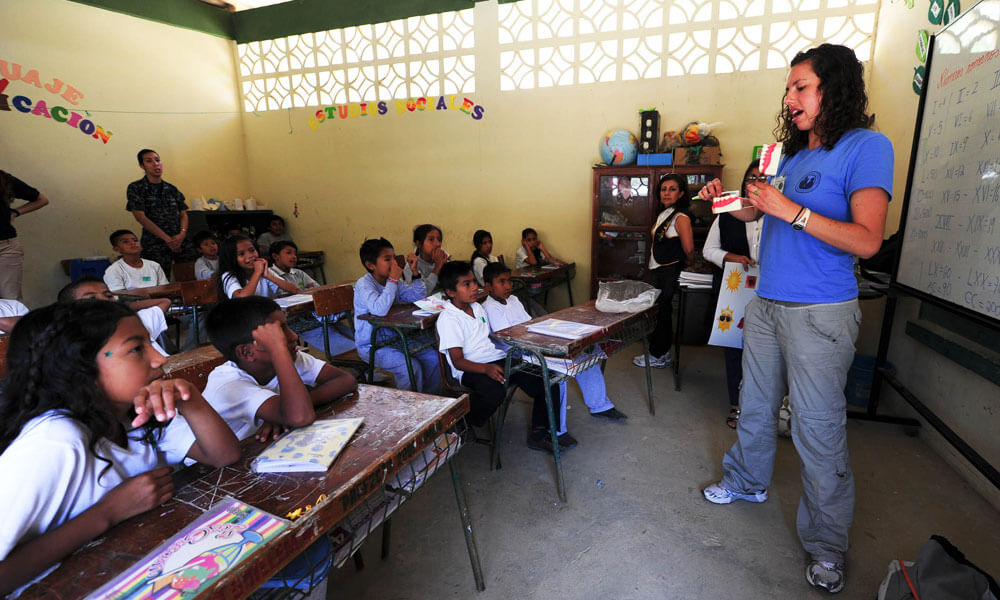
4. Consider What Time Commitment You Can Offer
There is a general line of thinking that short-term volunteering is less ethical than long-term volunteering. To a certain extent, this is true. There’s more chance for you to contribute impactfully over a longer period. The experience is also more tailored towards the local community’s needs than a short, convenient volunteering holiday for foreign volunteers.
Short-term volunteering is particularly damaging in childcare programs. Children could get attached to volunteers who only stay for short periods and often have a conveyor belt of unreliable adult figures in these programs. It is easy to see why volunteering in these circumstances could do more damage than good, despite your best intentions.
The answer to this dilemma is to match your program type to your time commitment. A childcare program would be more feasible if you have a month or two to spare. If you have a few weeks, you could get involved with relatively complex volunteering as you still have time to learn new processes and routines. If you only have a few days, you should focus on well-organized, simple-but-effective programs like beach clean-ups.
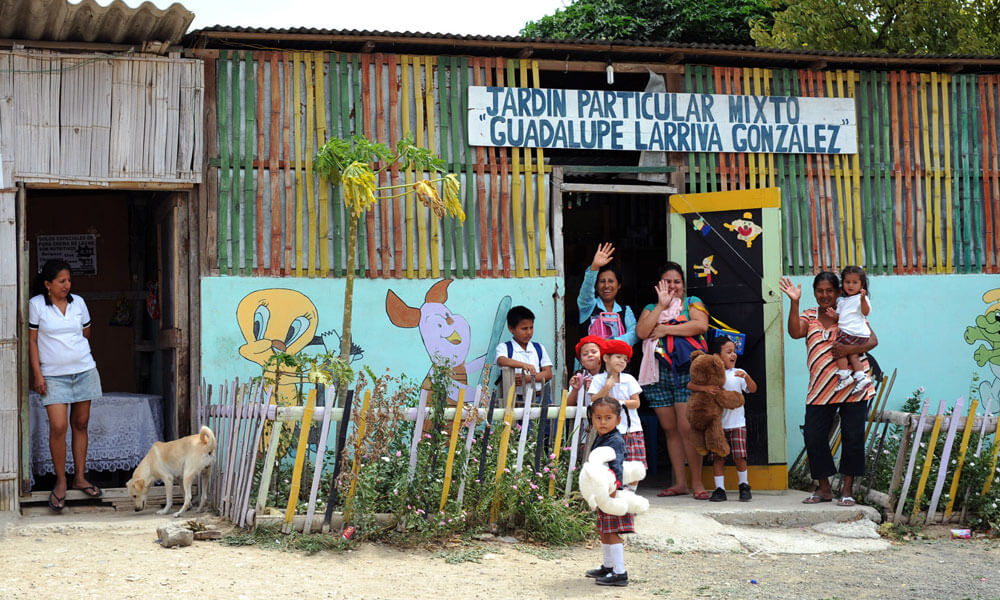
5. Make Sure To Ask Questions During The Interview
We’ll start by saying that all ethical volunteering companies should offer an interview process or at least a formal chat. Most companies will screen volunteers, and you should expect an interview and probably a request for a background check. Consider it a red flag if you don’t.
Secondly, when you attend your interview, come armed with questions. This is a perfect opportunity to screen the company, just as they are screening you, and you should make sure that you are ready to do so. These are some great questions that you could start with:
- Will I be working supervised or alone?
- What will my placement fee go towards?
- What have past volunteers achieved?
- What are the company’s immediate goals and milestones?
- Do you have a code of ethics for volunteers?
- Is there any necessary training to undergo before I depart?
- What induction will I have when I arrive?
By asking questions to the company directly, you’ll get some immediate answers to some essential questions. Don’t be afraid to ‘read the silences’ too, and pay attention to any dodging around your questions, awkward pauses, or ingenuine-sounding answers. A good company is confident in its approach and actively aware of and working on any weaknesses. Your questions shouldn’t be questions they haven’t already asked themselves.
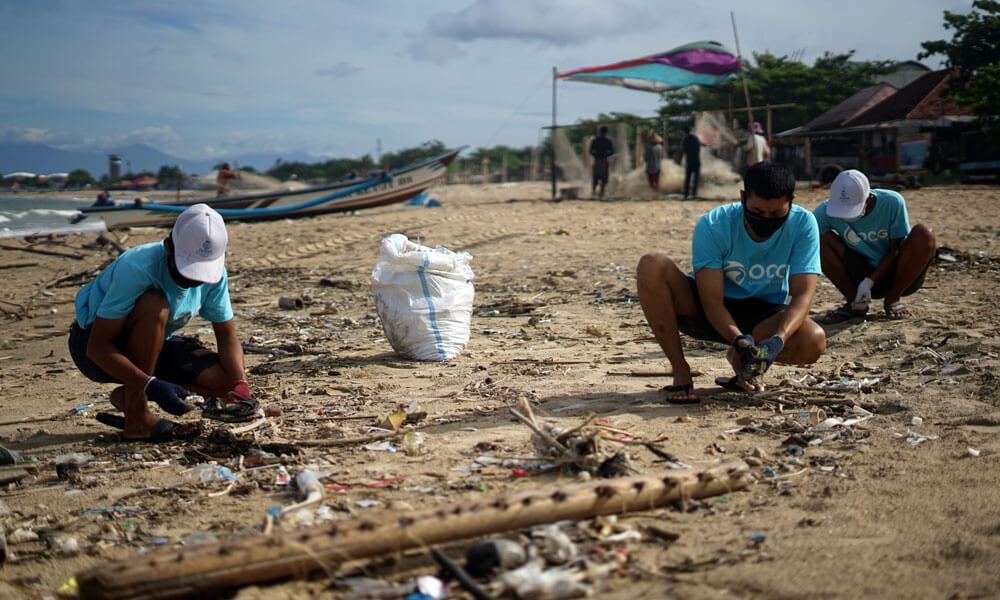
6. Evaluate Your Own Principles, Values, And Limitations
How ethical your experience is will largely depend on your choice of company and program. However, there is another massive component – you.
Before you hit the ground (and perhaps even before you start the application process), take the time to evaluate your own principles, values, and limitations. Consider what you truly want to get from the experience of volunteering abroad. It is okay if you want something positive to list on your CV or college application. Just ensure that you arrive dedicated to making the experience a fair exchange.
Similarly, be aware that you’ll probably be outside your comfort zone, and any romantic notions of volunteering may disappear when you arrive. If you are overheated, uncomfortable, hungry, or tired, how effectively will you uphold your principles and values? Don’t underestimate culture shock or how distressing some environments can be. Do you have any techniques to regulate your own emotions, or is there anything you can do to prepare yourself?
Having a completely honest check-in with yourself is one of the best ways to make your volunteering experience as ethical as possible. You’ll arrive prepared and able to contribute as effectively as you can, which is the most anybody could ask of you.

Conclusion
So, can you volunteer abroad ethically? Definitely, there are plenty of ethical volunteering opportunities out there. With some dedication and research, you can quickly weed the good out from the bad.
A lot of how to volunteer abroad ethically is also under your control, which is reassuring. By being honest with yourself about your time commitment, skill set, principles, values, and limitations, you can control a significant proportion of how ethical your experience is.
The best news of all is that your efforts will be massively rewarded. Volunteering abroad is life-changing, and when done ethically, it is a wonderful way to positively impact different communities across the globe. You are embarking on an experience of a lifetime, so buckle up and enjoy.
If you liked this post, share it on:

Hi!
We’re BACK&PACK. We offer online resources and unique backpacking adventures for global backpackers and gap year travelers.
If you like our content, consider subscribing for meaningful travel advice, special trip promotions, and more!
We’ll use your email in accordance with our Privacy Policy. You can unsubscribe anytime.
More Posts

Explaining Your Solo Trip To Friends And Family
Having a conversation with concerned loved ones about why you are taking a solo trip can be challenging. Here is how to make these talks as effective as possible.

5 Ways To Take Amazing Pictures When Solo Traveling
Travel writer and content creator Sonia Ambika gives her helpful tips for taking amazing pictures when solo traveling.

Your Guide To Travel Planning Logistics
Get organized with our insights into travel logistics, including flight and hostel booking, travel insurance, luggage, and more
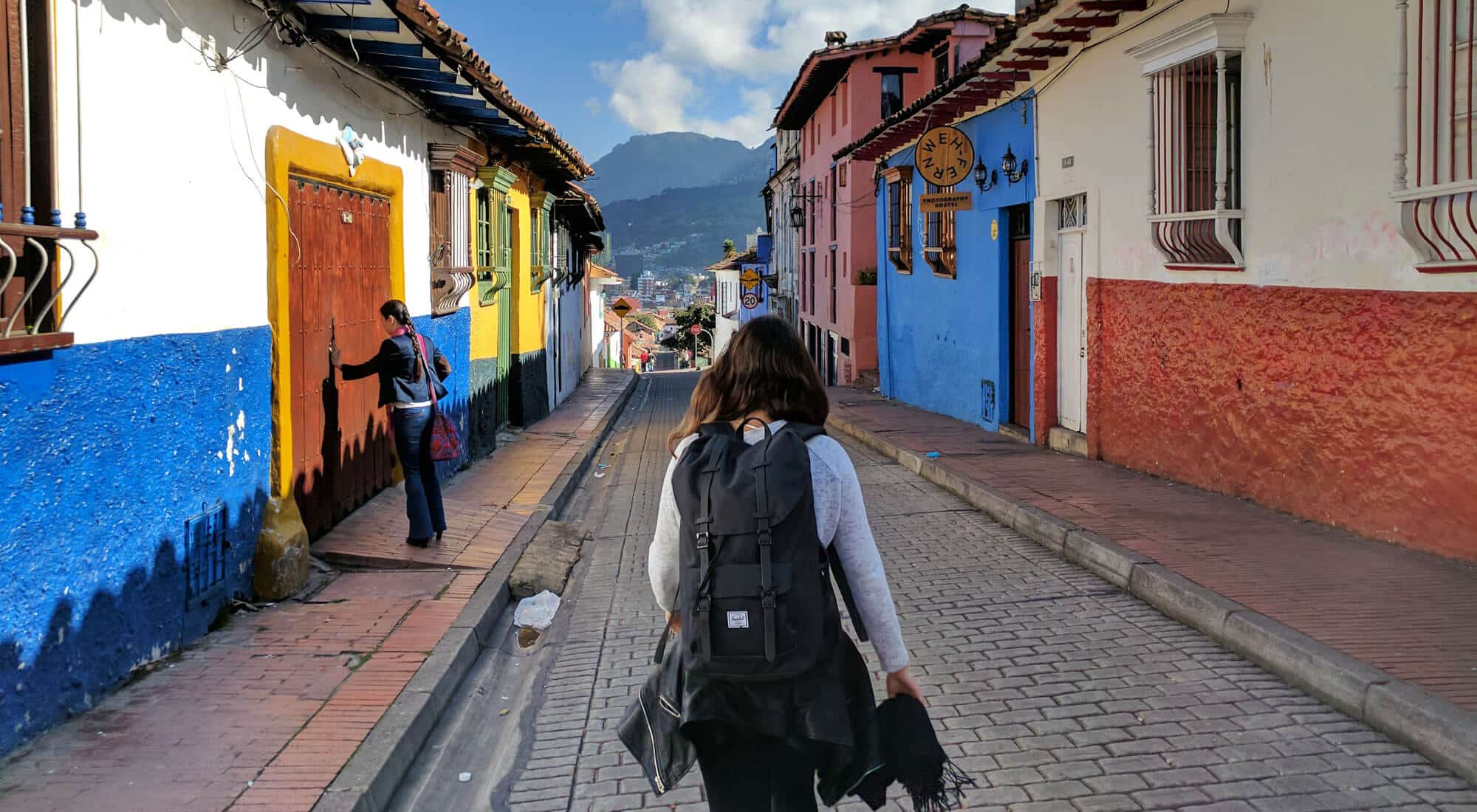
How To Cope With Loneliness On Your Solo Trip
Tips and tricks so you stay connected, meet new people, and make the most out of your solo trip (even when loneliness hits)

8 Reasons Iceland Should Be Your Next Destination
Learn why Iceland’s endless natural beauty, friendly locals, and safety status makes it the perfect choice for your next trip.